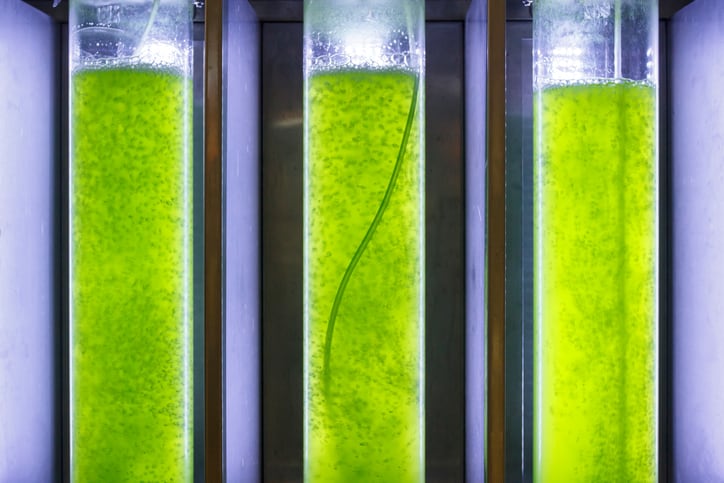Data from the 10-country European Prospective Investigation into Cancer and Nutrition (EPIC) study attributes the fish oil’s anti-inflammatory properties for its action in reducing this risk.
“Our analysis makes a substantial contribution to the growing body of evidence linking fish consumption to potentially lower risk of CRC,” the study says. “It’s consumption should be encouraged as part of a healthy diet.”
The World Cancer Research Fund (WCRF) concludes there is “limited but suggestive” evidence that fish decreases CRC risk.
Nevertheless, uncertainty remains whether fish consumption is beneficial for CRC prevention and how consumption of different fish types (e.g., fatty/oily, white/lean) relates to CRC risk.
Human studies investigating the link between dietary intake of omega-3 LC-PUFA and CRC risk generally show inverse relationships.
In addition, balancing omega-6 and omega-3 PUFA intakes may be more relevant for health outcomes than the absolute omega-3 LC-PUFA intake as a consequence of their divergent metabolic effects on inflammation.
The inconclusive nature of previous studies has evolved to further prospective studies in different populations that clarify links between omega-3 LC-PUFAs, their relative balance with omega-6 LC-PUFA, their metabolism and CRC risk.
Study details
The cohort study enrolled 521,324 individuals living in Denmark, France, Germany, Greece, Italy, the Netherlands, Norway, Spain, Sweden and the UK from 1992 to 2000.
The team gathered height and weight data amongst other measures and collected details about lifestyle habits and diet. The researchers also drew blood samples.
Results from 476,160 individuals (333,919 women) who did not have cancer at the beginning of the study were also included.
A further subgroup was also included in the study. This consisted of 461 individuals, who developed cancer alongside 461 matched controls. A case-control study to compare their blood levels of fatty acids was also carried out.
Following up by an average of 14.9 years, the team found 6,291 individuals diagnosed with CRC (1.3%).
Further analysis revealed those consuming the most fish were 12% less likely to have been diagnosed with bowel cancer over those who ate less than one portion. The team found a similar link for "fatty" oily fish.
Meanwhile, results for “lean” white fish were comparable but were on the edge of statistical significance.
The team also assessed omega-3 fatty acid amounts originating from fish oils in their diets revealing that those consuming more omega-3 fatty acids had comparable reduced risk of bowel cancer.
In contrast, a higher intake of omega-6 fatty acids relative to omega-3 was linked to a higher risk level.
Additional findings found no link fatty acid levels in the blood of subjects with and without bowel cancer.
“We found inverse associations between both fatty and lean fish intakes and CRC risk,” said the team from the International Agency for Research on Cancer (IARC) amongst a host of other organisations.
“This suggests that fish consumption in general (independent of the type) may be beneficial against the development of CRC.
Commenting on a potential mechanism of action the team said, “Omega-3 LC-PUFAs may inhibit cancer development through the production of eicosanoids that possess anti-inflammatory properties.”
Risk reductions very small
The UK’s NHS website also evaluated the study commenting that it was important not to get carried away with its implications.
“The risk reductions were all very small. Although those for all types of fish and oily fish tended to just scrape in as being statistically significant, while white fish did not, they were all fairly close to the border of significance.
“It's possible that some of these results might have come about by chance. This makes it more difficult to conclude with any certainty that any type of fish is better than another.”
The analysis also said when this was put in absolute terms, only 1.3% of all people in the study developed bowel cancer.
“If this were taken as the baseline risk for bowel cancer, a 7% risk reduction for eating fish once or twice a week would give an absolute risk of getting cancer of 1.2% instead of 1.3%. So these are fairly small absolute risk reductions.”
Source: Clinical Gastroenterology and Hepatology.
Published online: doi.org/10.1016/j.cgh.2019.06.031
“Consumption of Fish and Long-chain n-3 Polyunsaturated Fatty Acids Is Associated With Reduced Risk of Colorectal Cancer in a Large European Cohort.”
Authors: Agalo EK, Huybrechts I, Murphy N, et al.




